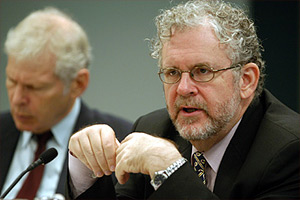
By Richard Norman
A new book, God and Glory: Britain, America, and the Making of the Modern World, by Walter Russell Mead was discussed a couple of weeks ago by the author at the Council on Foreign Relations (video here). A summary quote:
I want to say quickly that in the book I don’t argue that Britain or America triumphed because they were purely laissez faire. In fact, what I’ve said is that they have an ability to have incredible intense competition but also rules and clear regulators. They’ve managed to mix it. It’s very interesting: almost every sport that’s played today around the world is played under rules developed in either Britain or the U.S. in the nineteenth century. And the idea in developing rules–whether it’s the Marquis of Queensberry rules in boxing or the tennis rules or soccer–is that they wanted a combination. They wanted rules, but they wanted the rules not to suppress competition but to encourage the keenest possible competition. So the idea that rules are antithetical to competition is not part of this Anglo-American genius.


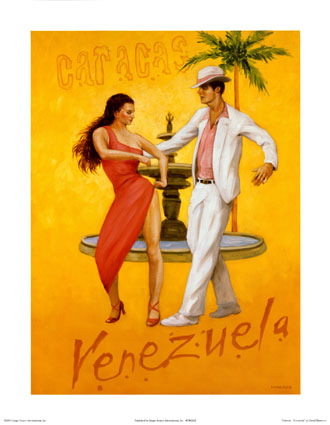
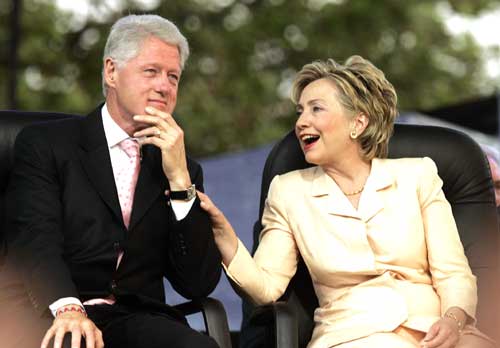 The U.S. has seen a rhetorical swing towards protectionism in the past few years, thanks to large trade deficits, continued economic weakness in the "Rust Belt" and the hard work of the next generation populists like Lou Dobbs (for a hilarious display of jingoism gone awry,
The U.S. has seen a rhetorical swing towards protectionism in the past few years, thanks to large trade deficits, continued economic weakness in the "Rust Belt" and the hard work of the next generation populists like Lou Dobbs (for a hilarious display of jingoism gone awry, 
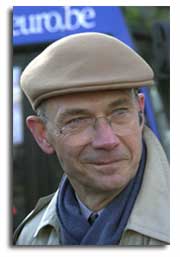 By Nick Li
By Nick Li By Nicholas Li
By Nicholas Li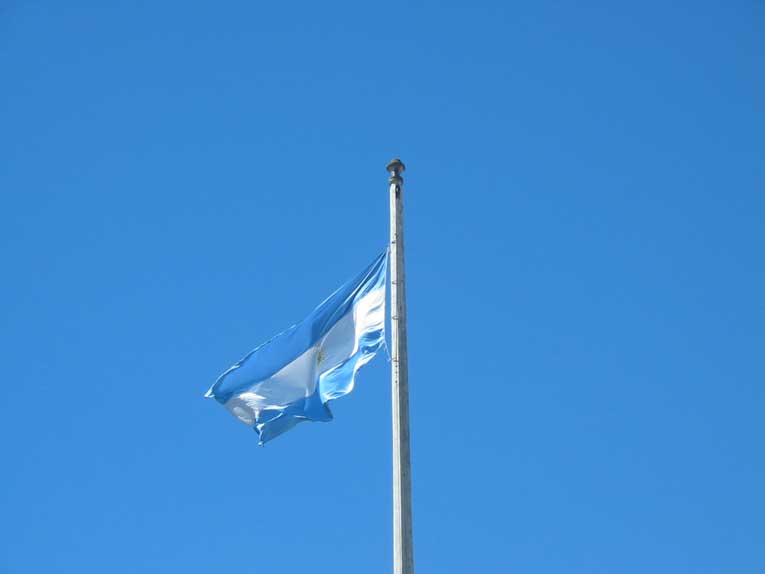 By Nicholas Li
By Nicholas Li